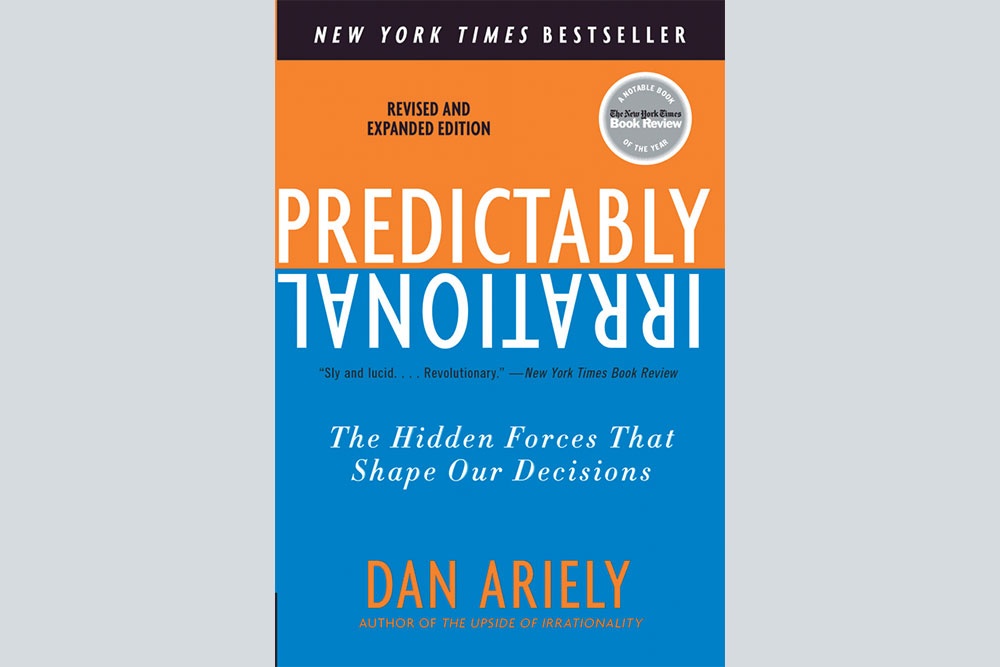In 2004, the total cost of all robberies in the United States was $525 million, and the average loss from a single robbery was about $1,300. These amounts are not very high, when we consider how much police, judicial, and corrections muscle is put into the capture and confinement of robbers – let alone the amount of newspaper and television coverage these kinds of crimes elicit. I'm not suggesting that we go easy on career criminals, of course. They are thieves, and we must protect ourselves from their acts.
But consider this: every year, employees' theft and fraud at the workplace are estimated at about $600 billion. That figure is dramatically higher than the combined financial cost of robbery, burglary, larceny-theft, and automobile theft (totalling about $16 billion in 2004); it is much more than what all the career criminals in the United States could steal in their lifetimes; and it's also almost twice the market capitalisation of General Electric. But there's much more. Each year, according to reports by the insurance industry, individuals add a bogus $24 billion to their claims of property losses. The IRS, meanwhile, estimates a loss of $350 billion per year, representing the gap between what the feds think people should pay in taxes and what they do pay. The retail industry has its own headache: it loses $16 billion a year to customers who buy clothes, wear them with the tags tucked in, and return these secondhand clothes for a full refund.
Add to this sundry everyday examples of dishonesty – the congressman accepting golfing junkets from his favourite lobbyist; the physician making kickback deals with the laboratories that he uses; the corporate executive who backdates his stock options to boost his final pay—and you have a huge amount of unsavoury economic activity, dramatically larger than that of the standard household crooks. When the Enron scandal erupted in 2001 (and it became apparent that Enron, as Fortune magazine's “America's Most Innovative Company” for six consecutive years, owed much of its success to innovations in accounting), Nina Mazar, On Amir (a professor at the University of California at San Diego), and I found ourselves discussing the subject of dishonesty over lunch. Why are some crimes, particularly white-collar crimes, judged less severely than others, we wondered—especially since their perpetrators can inflict more financial damage between their 10 o'clock latte and lunch than a standard-issue burglar might in a lifetime?
After some discussion we decided that there might be two types of dishonesty. One is the type of dishonesty that evokes the image of a pair of crooks circling a gas station. As they cruise by, they consider how much money is in the till, who might be around to stop them, and what punishment they may face if caught (including how much time off they might get for good behaviour). On the basis of this cost-benefit calculation, they decide whether to rob the place or not.
Then there is the second type of dishonesty. This is the kind committed by people who generally consider themselves honest – the men and women (please stand) who have "borrowed" a pen from a conference site, taken an extra splash of soda from the soft drink dispenser, exaggerated the cost of their television on their property loss report, or falsely reported a meal with Aunt Enid as a business expense (well, she did inquire about how work was going). We know that this second kind of dishonesty exists, but how prevalent is it? Furthermore, if we put a group of "honest" people into a scientifically controlled experiment and tempted them to cheat, would they? Would they compromise their integrity?
[…]
But if honesty is important to us (in a recent survey of nearly 36,000 high school students in the United States, 98 percent of them said it was important to be honest), and if honesty makes us feel good, why are we so frequently dishonest?
This is my take. We care about honesty and we want to be honest. The problem is that our internal honesty monitor is active only when we contemplate big transgressions, like grabbing an entire box of pens from the conference hall. For the little transgressions, like taking a single pen or two pens, we don't even consider how these actions would reflect on our honesty and so our superego stays asleep.











